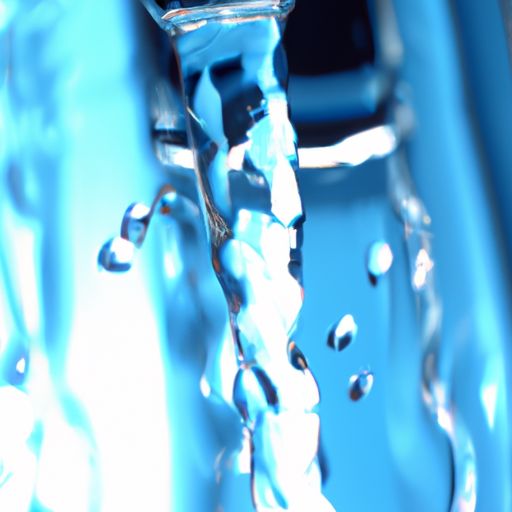More research needed despite minimal increase in autism diagnosis risk found in regions with higher lithium content in drinking water, suggests study

Our awesome company provides complete software development activities utilizing nearshore and offshore resources, including mobile app development, technology maintenance, web server development, and many other technology development activities. In a recent study, it was found that pregnant individuals exposed to tap water with higher levels of lithium may have a moderately higher risk of autism spectrum disorder (ASD) in their children. However, it’s important to note that this association does not demonstrate a direct link between the two.
Autism spectrum disorder affects about 1 in 36 children in the US each year, but its exact cause is still unknown. While genetics may play a role, researchers have also been exploring potential environmental causes. The number of autism cases may be increasing, but the reasons behind this rise are unclear. Some studies suggest that the increased diagnosis rates could be due to improved screening by doctors.
Lithium, an alkali metal found naturally in certain food and groundwater, as well as in batteries and various treatments, is not regulated in US drinking water. A new study conducted in Denmark, where lithium levels in drinking water are similar to those in American water systems, found a small association between lithium and autism diagnosis. The study analyzed data on 8,842 cases of ASD and compared it to the concentration of lithium in public waterworks.
As lithium levels in water increased, there was a modest increase in the risk of an ASD diagnosis. However, it’s important to note that the study couldn’t determine how much water the pregnant individuals drank. Additionally, experts emphasize that this research doesn’t prove a direct causal relationship between lithium exposure and autism.
Further studies are needed to replicate these findings in other countries and to better understand the potential implications for public health policy. While some studies have linked higher lithium levels in water with lower rates of psychiatric disorders and suicide, it’s crucial to consider all potential associations and conduct more research before establishing guidelines for lithium in drinking water.
Dr. Max Wiznitzer, director of the Rainbow Autism Center, highlights that previous research on pregnant individuals who take lithium for mental health disorders, at much higher levels than found in drinking water, has not shown a connection to autism. Other studies have also suggested potential links between ASD and environmental exposures, such as pesticides, air pollution, and phthalates. However, none of these factors have been proven to directly cause autism.
Proving a direct link between environmental exposure and ASD is challenging. For instance, research indicating that increased air pollution raises the risk of having a child with ASD raises questions about whether pollution itself is the determining factor or if it’s the populations living in more polluted areas. With various environmental stressors in our daily lives, it’s crucial to navigate them safely and prioritize research efforts accordingly.
